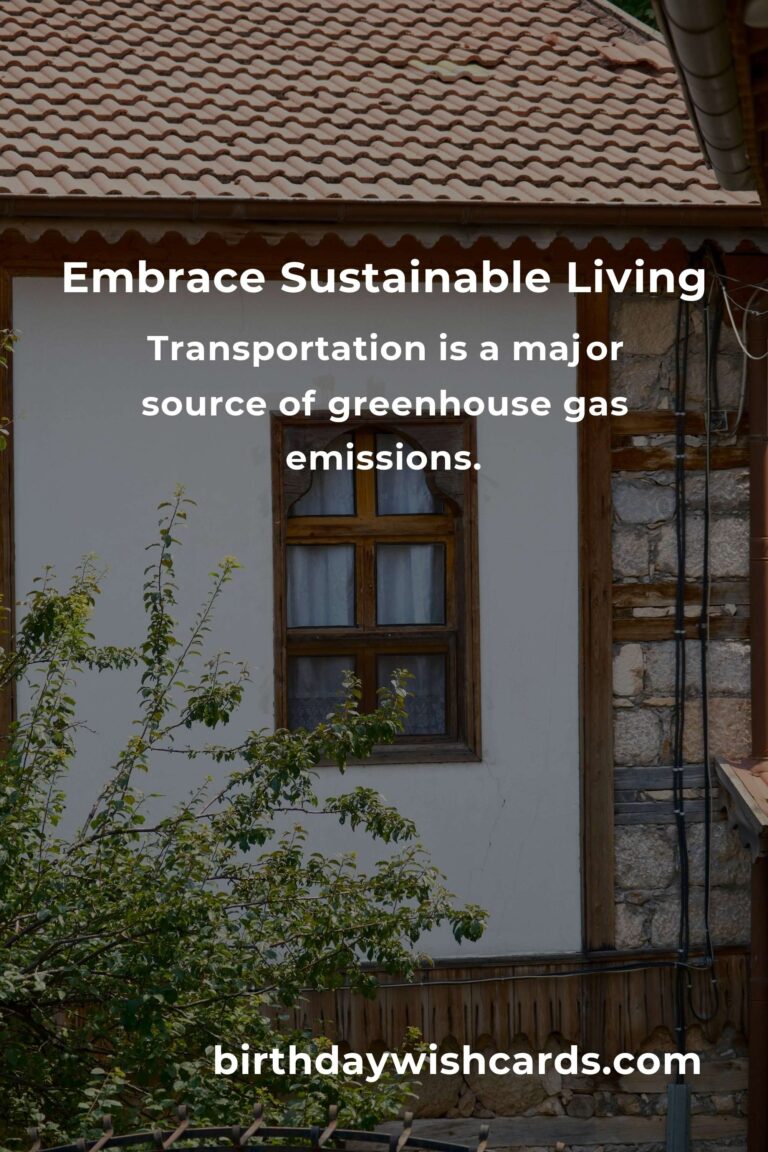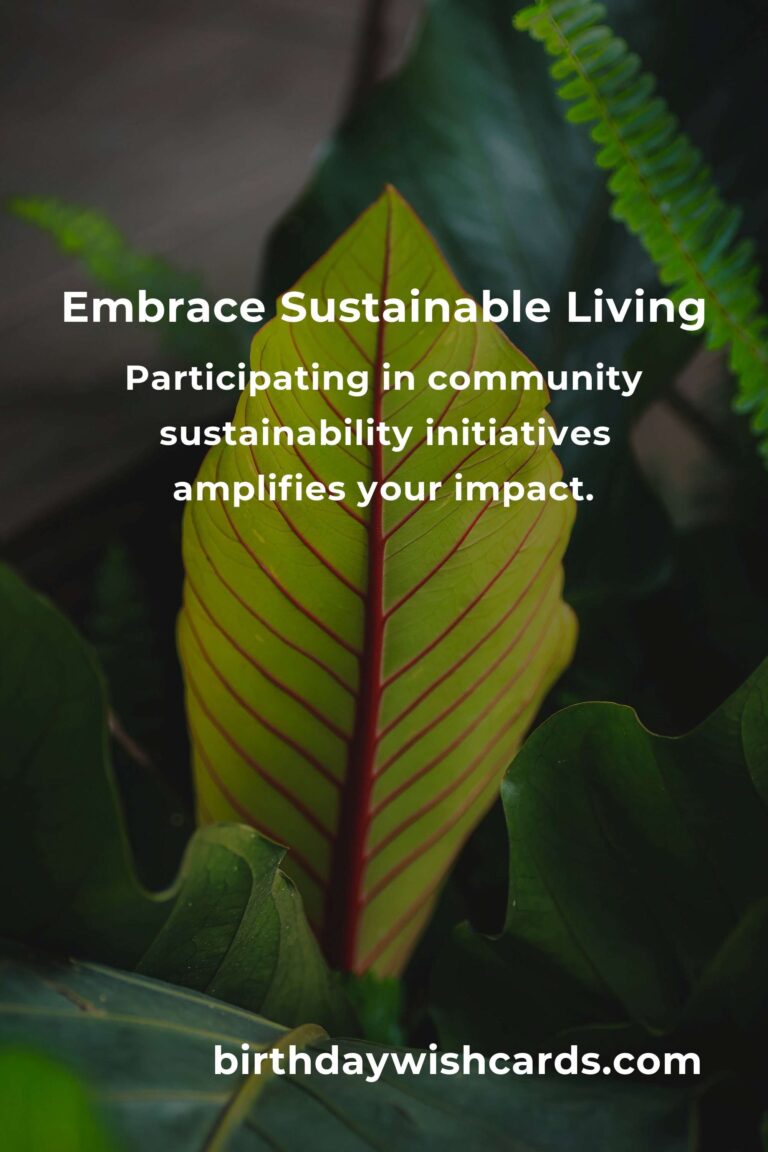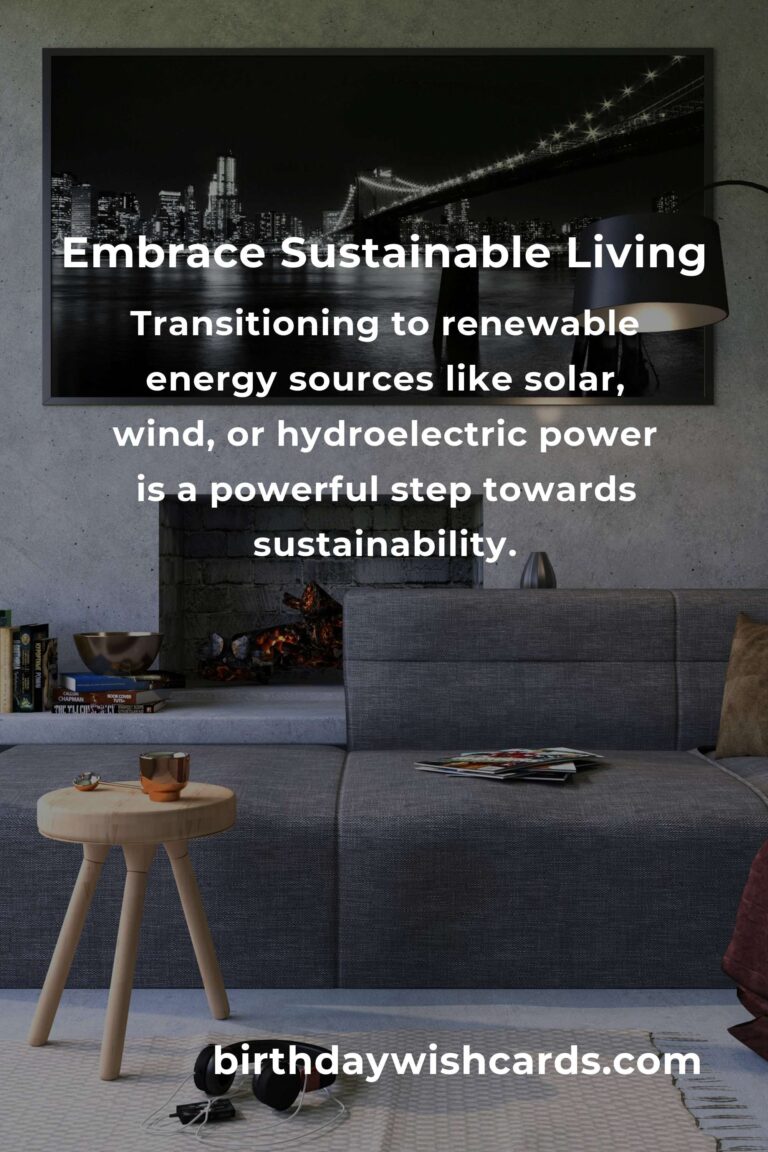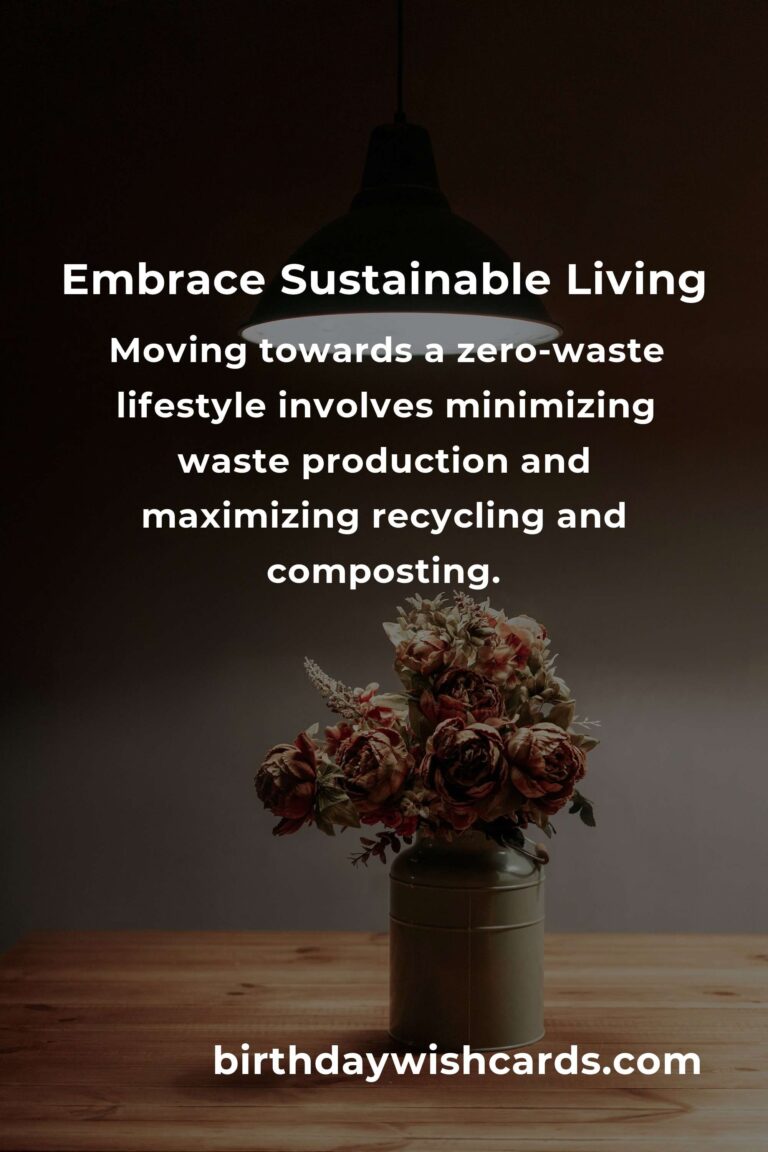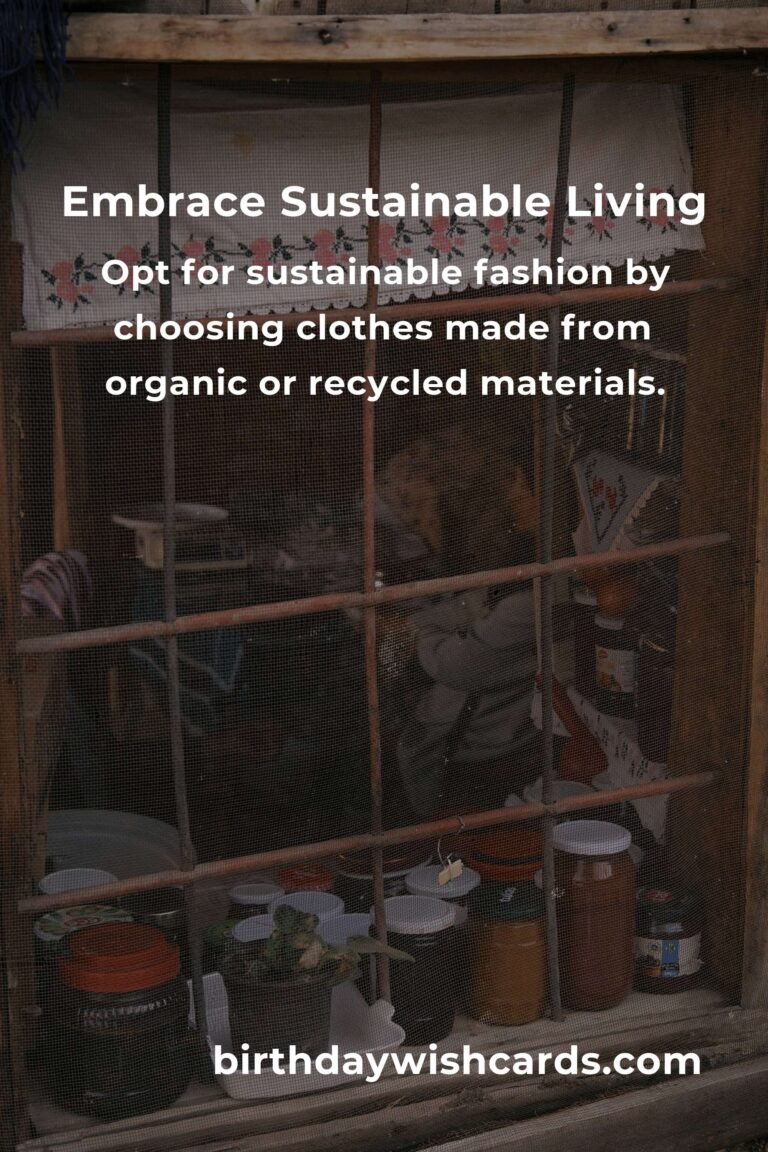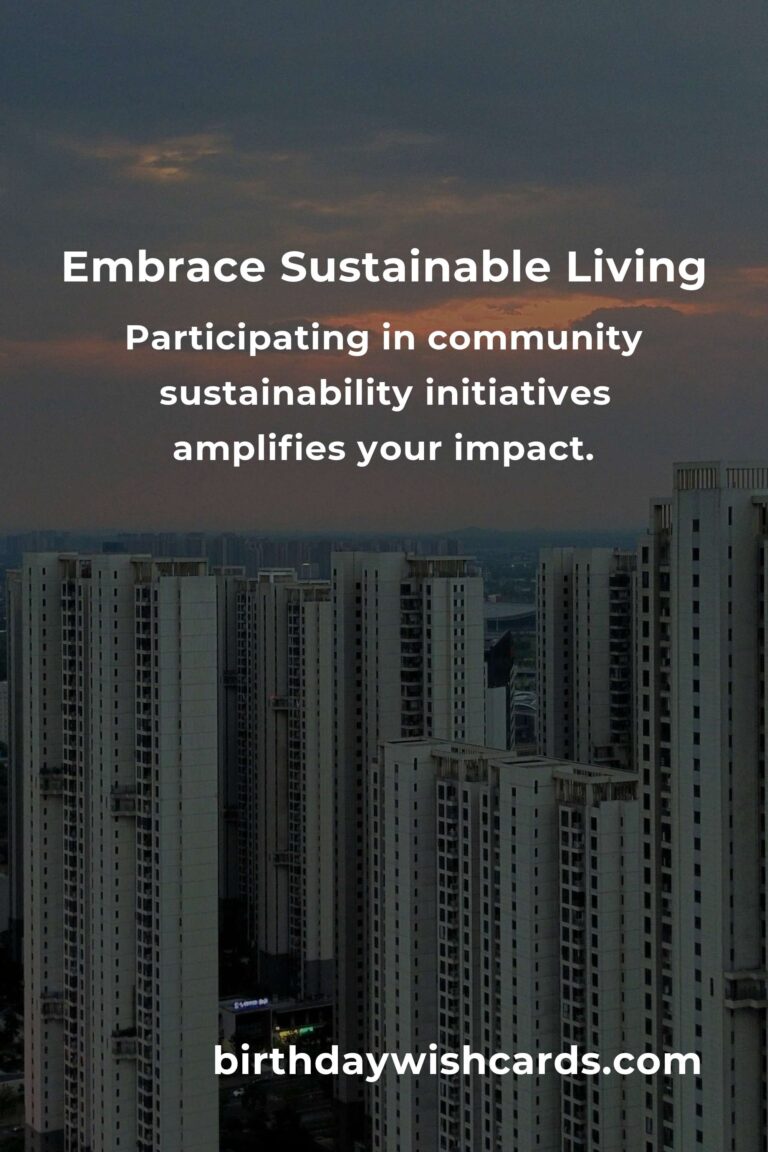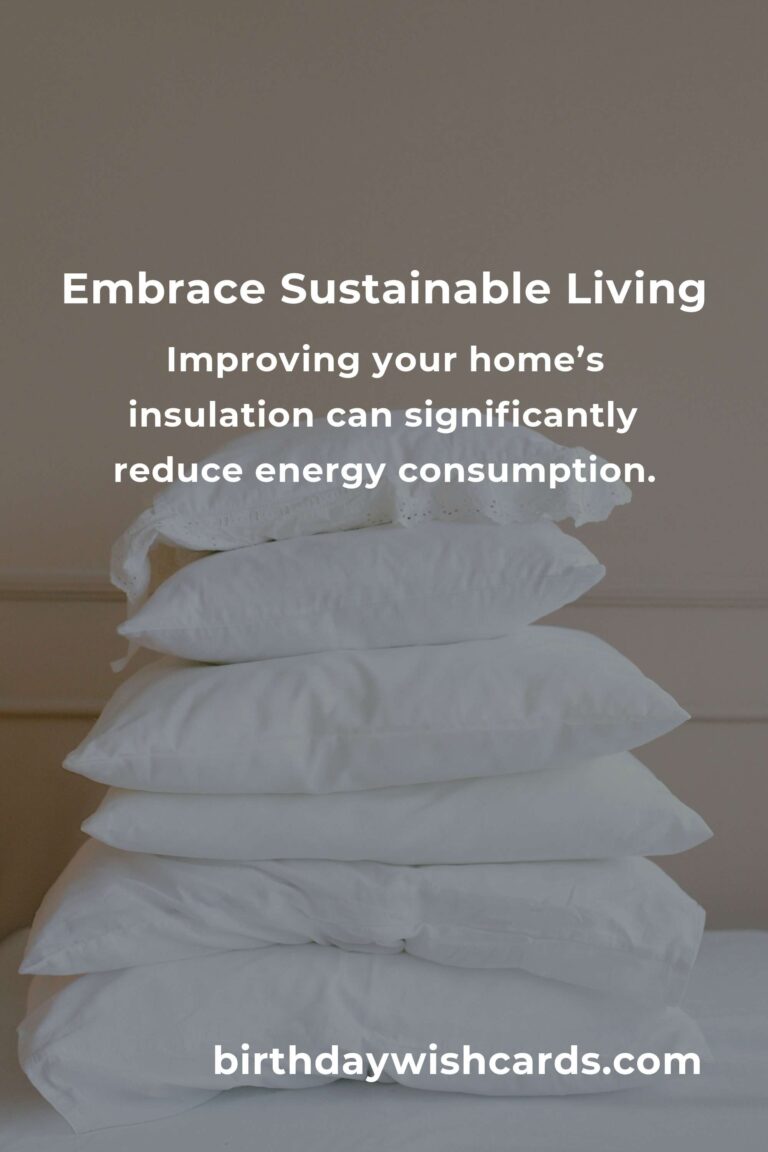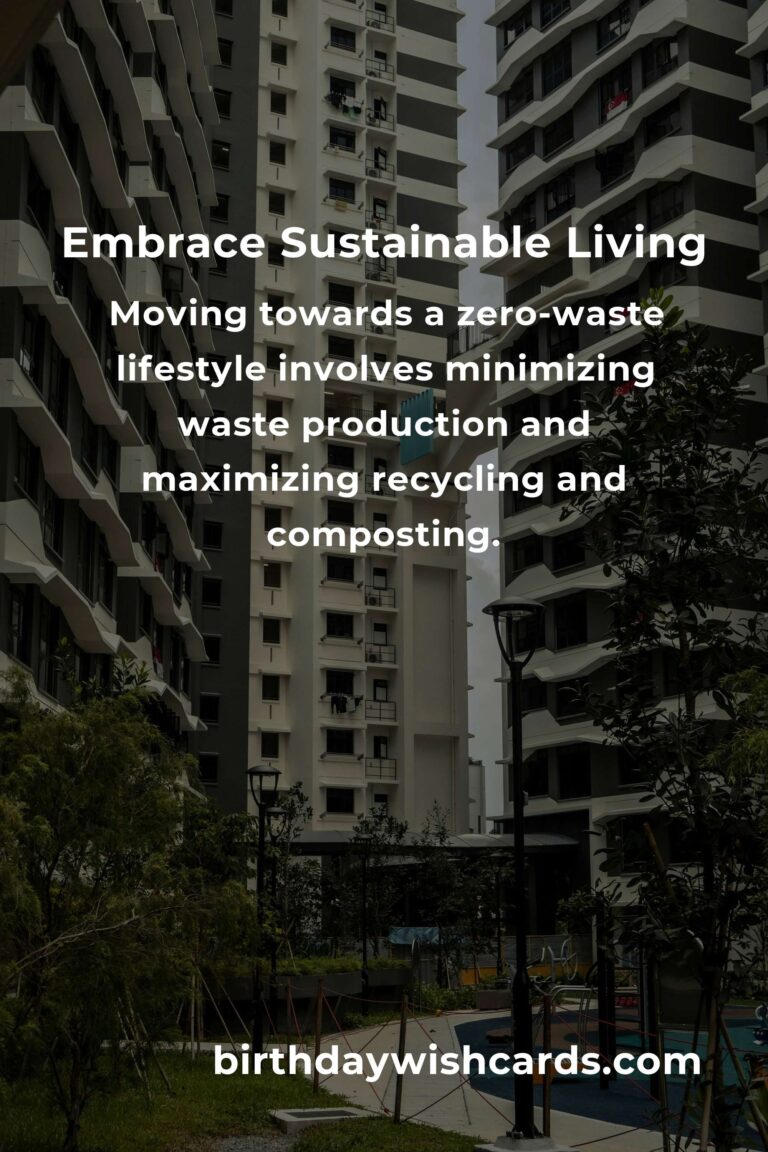
In today’s rapidly changing world, adopting sustainable living practices has become more important than ever. While many of us have started with the basics, such as recycling and reducing plastic use, there are advanced strategies that can significantly enhance our eco-friendly efforts. This article delves into nine advanced tips for sustainable living that can help you make a more profound impact on the environment.
1. Embrace Renewable Energy Sources
Transitioning to renewable energy sources like solar, wind, or hydroelectric power is a powerful step towards sustainability. By generating your own clean energy, you reduce your carbon footprint and reliance on fossil fuels. Consider installing solar panels on your roof or investing in a wind turbine if applicable. Doing so not only benefits the environment but can also lead to long-term savings on energy bills.
2. Practice Regenerative Gardening
Regenerative gardening focuses on restoring soil health and biodiversity. Techniques such as crop rotation, permaculture design, and composting enrich the soil and enhance its ability to sequester carbon. This practice not only yields nutritious produce but also supports local ecosystems. By implementing regenerative gardening, you contribute to a healthier planet and more resilient food systems.
3. Adopt a Zero-Waste Lifestyle
Moving towards a zero-waste lifestyle involves minimizing waste production and maximizing recycling and composting. This means choosing products with minimal packaging, reusing materials, and composting organic waste. A zero-waste lifestyle encourages creative solutions to reduce consumption and waste, ultimately leading to a cleaner environment.
4. Support Sustainable Fashion
The fashion industry is a significant contributor to environmental degradation. Opt for sustainable fashion by choosing clothes made from organic or recycled materials. Support brands that prioritize ethical labor practices and eco-friendly production methods. Thrifting and upcycling old garments are also great ways to minimize your fashion footprint.
5. Optimize Water Usage
Water is a precious resource, and optimizing its use is vital for sustainability. Install water-saving devices such as low-flow faucets and showerheads. Collect rainwater for garden use and consider greywater systems to reuse water from baths and sinks. Conscious water usage helps conserve this vital resource and reduces your environmental impact.
6. Enhance Home Insulation
Improving your home’s insulation can significantly reduce energy consumption. Insulate walls, roofs, and floors to maintain temperature and reduce heating and cooling needs. Sealing windows and doors also prevents energy loss. Enhanced insulation not only contributes to a more sustainable lifestyle but also creates a more comfortable living environment.
7. Practice Mindful Transportation
Transportation is a major source of greenhouse gas emissions. Opt for walking, cycling, carpooling, or using public transportation whenever possible. Investing in an electric or hybrid vehicle also reduces your carbon footprint. By making mindful transportation choices, you help decrease pollution and promote a healthier planet.
8. Engage in Community Initiatives
Participating in community sustainability initiatives amplifies your impact. Join local environmental groups, participate in clean-up drives, or support community gardens. By engaging with your community, you foster a collective effort towards sustainability and inspire others to take action.
9. Educate and Advocate
Education is key to advancing sustainable living. Stay informed about environmental issues and share your knowledge with others. Advocate for policies that support sustainable practices and hold businesses accountable for their environmental impact. By educating and advocating, you contribute to a broader movement towards a sustainable future.
Incorporating these advanced sustainable living tips into your lifestyle not only benefits the environment but also enhances your quality of life. By taking these steps, you contribute to a more sustainable and resilient world for future generations.
Transitioning to renewable energy sources like solar, wind, or hydroelectric power is a powerful step towards sustainability. Regenerative gardening focuses on restoring soil health and biodiversity. Moving towards a zero-waste lifestyle involves minimizing waste production and maximizing recycling and composting. Opt for sustainable fashion by choosing clothes made from organic or recycled materials. Water is a precious resource, and optimizing its use is vital for sustainability. Improving your home’s insulation can significantly reduce energy consumption. Transportation is a major source of greenhouse gas emissions. Participating in community sustainability initiatives amplifies your impact. Education is key to advancing sustainable living.
#SustainableLiving #EcoFriendly #GreenEnergy #ZeroWaste #SustainableFashion #WaterConservation #CommunityInitiatives #EnvironmentalEducation




